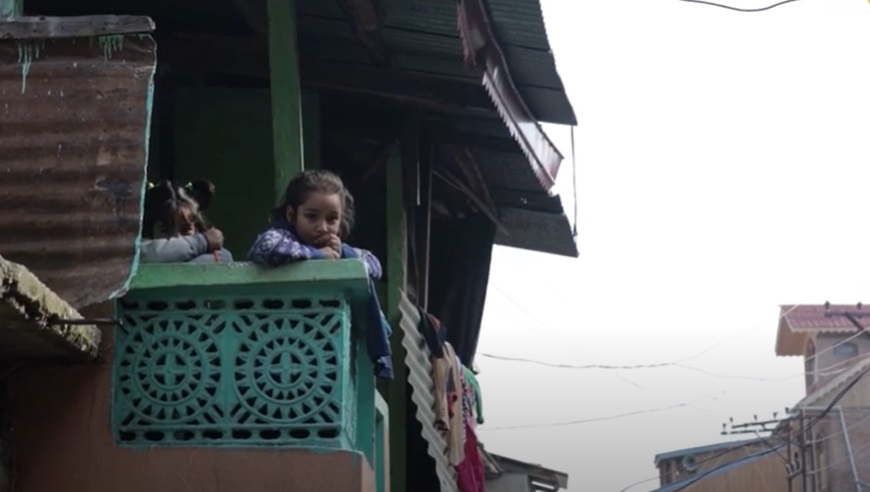Children’s nutritional status in Jammu Kashmir has worsened in the last four years, a survey has revealed, underlining that continuing high levels of undernutrition are “a major problem” in the region.
The National Family Health Survey (NFHS-5) released by the Ministry of Health and Family Welfare India says that 27 percent of children who are stunted have not changed in the four years between NFHS-4 and NFHS-5.
“The percentage of children who are underweight increased from 12 percent to 19 percent, and in the same period, wasting increased slightly from 17 percent to 21 percent,” reveals the survey.
The Survey which is considered to be baseline data for health research studies in the country further says differences in the levels of malnutrition in J&K are more pronounced for several background characteristics and that malnutrition is somewhat higher for male children than female children on all three nutritional status measures.
Malnutrition refers to deficiencies, excesses, or imbalances in the person’s intake of energy and/or nutrients including undernutrition and overweight, and obesity.
In the case of Adults’ nutritional status, more than two-fifths that includes 35 percent of women and 36 percent of men are either too thin or overweight or obese.
“Among women aged 15-49, the proportion of overweight or obese is 29 percent, which is the same as NFHS-4,” the NFHS-5 reveals, adding that more men are overweight or obese (32%) than thin (4%) similar to the pattern observed in the last survey.
“Five percent of women in Jammu and Kashmir are too thin. Over three-fifths of women and men are at a healthy weight for their height,” the Survey reveals.
It also reveals that undernutrition is widespread in the younger age groups (especially age 15-19), those in rural areas, and women of scheduled tribes.
“Overweight and obesity are more prevalent in older adults than those in urban areas, and well-educated men,” the Survey says. (KNO)
